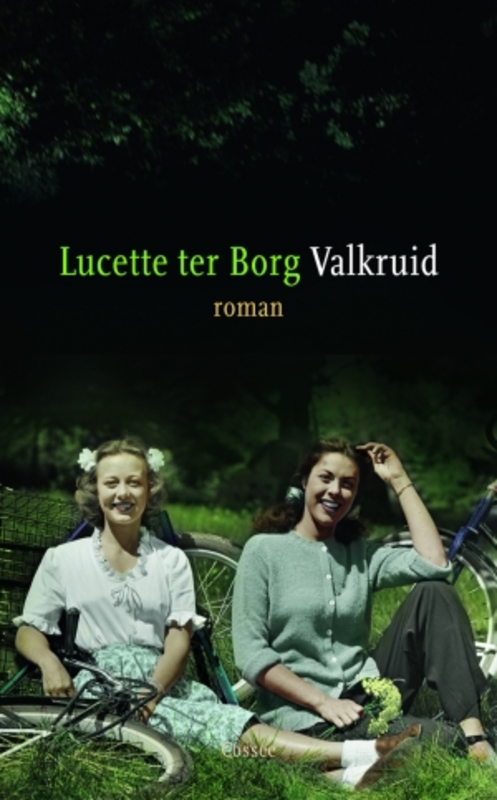
Arnica Montana covers the mountains with magnificent yellow flowers in spring. The plant has healing properties for treating bruises but causes blisters when misapplied.
Sigrid has played the violin for as long as she can remember. Her father recognized her great talent and she became the star of his orchestra in Austria. But Sigrid is now twenty-six and her skill is waning. Even in a second-rate Dutch provincial orchestra her mistakes are obvious. In contrast, her sister Valentine, also married to a Dutch man, was not interested in pursuing a musical career although she played the piano in a family orchestra.
For the first time in thirty years the sisters spend a holiday together. Valentine is under the misconception that the journey is just for fun – a time for the sisters to reminisce and share old jokes. But why is Sigrid always carrying her violin case with her? And why won’t she play for Valentine? What are they doing visiting the cities of old violinmakers? During the holiday she discovers that sisterly love is compromised by envy, resentment and jealousy.
Arnica Montana is a novel about two musically gifted women losing their ambition. But it is also about the resourceful way in which people deceive themselves. What are the façades that Valentine and Sigrid are hiding behind and why? The journey comes to a bizarre conclusion with a drinking party in a brewery at the foot of one the most haunting mountains in Germany.
‘Lucette ter Borg controls her characters and their hysteria with accessible and merciless sentences.’ – HP/De Tijd
‘Art critic Lucette ter Borg proves with Arnica Montana for the second time that she not only knows what she thinks is beautiful but that she also van create beauty herself.’ – Nederlands Dagblad
'An emotional journey. The author carefully reveals the sisters' shared secrets which were never talked about. A fine miniature.' – Dagblad van het Noorden
‘The story is well structured, the language is beautiful, the dialogues are funny.’ – Vrij Nederland